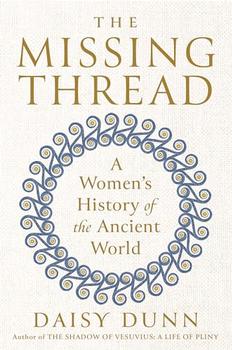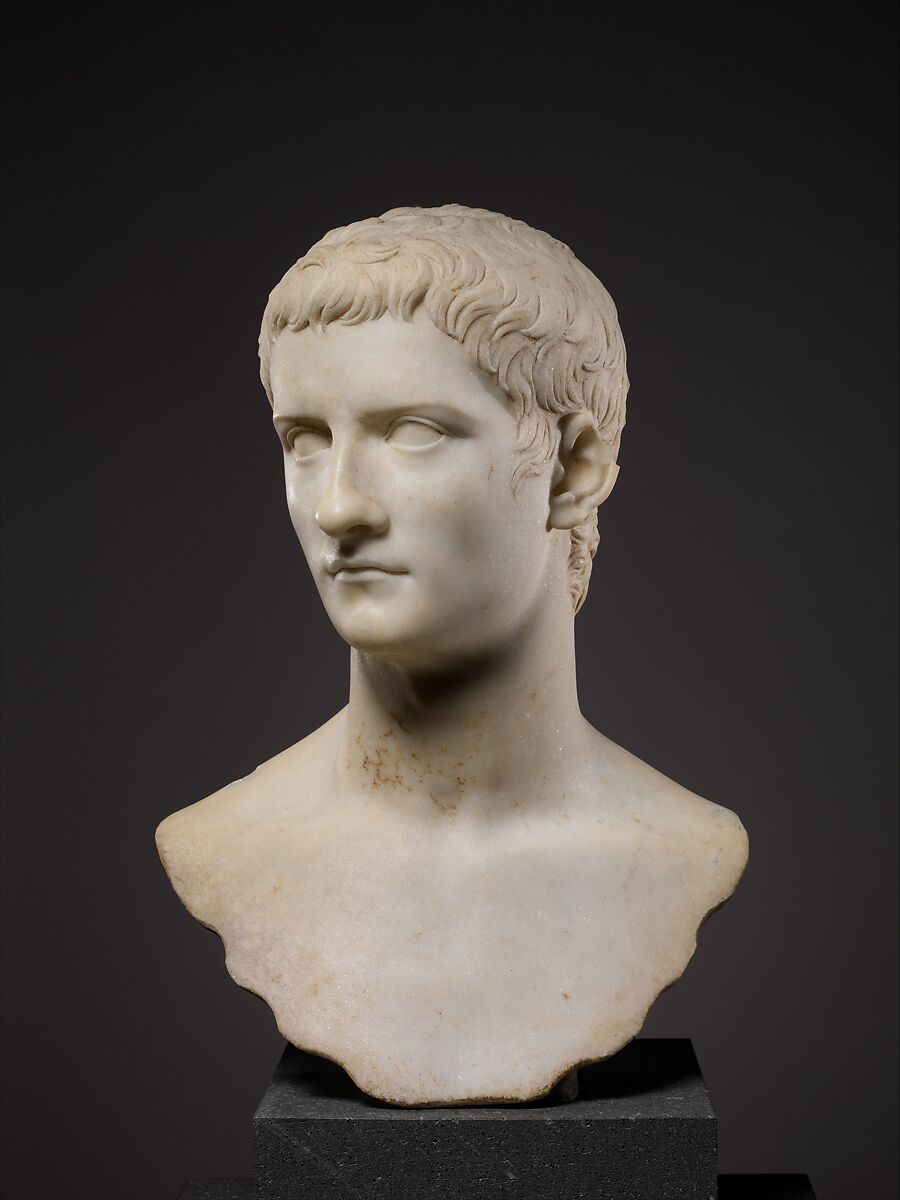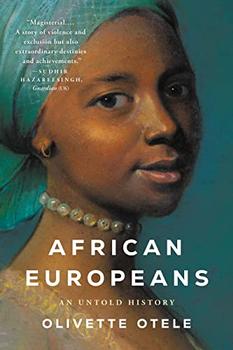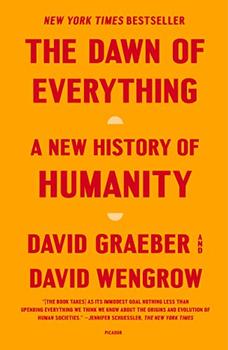Summary | Excerpt | Reviews | Beyond the book | Read-Alikes | Genres & Themes | Author Bio

A Women's History of the Ancient World
by Daisy DunnA dazzlingly ambitious history of the ancient world that places women at the center—from Cleopatra to Boudica, Sappho to Fulvia, and countless other artists, writers, leaders, and creators of history
Around four thousand years ago, the mysterious Minoans sculpted statues of topless women with snakes slithering on their arms. Over one thousand years later, Sappho wrote great poems of longing and desire. For classicist Daisy Dunn, these women—whether they were simply sitting at their looms at home or participating in the highest echelons of power—were up to something much more interesting than other histories would lead us to believe. Together, these women helped to make antiquity as we know it.
In this monumental work, Dunn reconceives our understanding of the ancient world by emphasizing women's roles within it. The Missing Thread never relegates women to the sidelines and is populated with well-known names such as Cleopatra and Agrippina, as well as the likes of Achaemenid consort Atossa and Olympias, a force in Macedon. Spanning three thousand years, the story moves from Minoan Crete to Mycenaean Greece, from Lesbos to Asia Minor, from the Persian Empire to the royal court of Macedonia, and concludes with Rome and its growing empire. The women of antiquity are undeniably woven throughout the fabric of history, and in The Missing Thread they finally take center stage.
The fabric of ancient history is stitched heavily with stories of dramatic politics, conquest, and war, all with men firmly at the center of action. But women played just as vital and central a role in antiquity's most consequential events, as classicist Daisy Dunn (The Shadow of Vesuvius) elegantly details in The Missing Thread. Dunn answers the many male-centric histories of antiquity with this shimmering volume that celebrates women as true "creators of history" instead of passive bystanders. The Missing Thread, with its rich erudition and sprightly narrative, is an engrossing addition to antiquity studies that readers will want on their shelves for years to come...continued
Full Review
 (781 words)
(781 words)
(Reviewed by Peggy Kurkowski).
 When you hear the word "classics," what jumps to mind? Literature over the centuries? Famous authors? For people entering university to study "classics," it means something quite specific. Classics is typically defined as the interdisciplinary study of the ancient Greek and Roman worlds, their interactions and exchanges with other ancient cultures, and their resonance to contemporary times. The curriculum for aspiring classicists is academically rigorous, with study in languages (Greek and Latin), literature, history, material culture, archaeology, philosophy, and more. Greek and Roman culture bequeathed an intellectual, political, and artistic heritage to the Western world that historians still glory in studying.
When you hear the word "classics," what jumps to mind? Literature over the centuries? Famous authors? For people entering university to study "classics," it means something quite specific. Classics is typically defined as the interdisciplinary study of the ancient Greek and Roman worlds, their interactions and exchanges with other ancient cultures, and their resonance to contemporary times. The curriculum for aspiring classicists is academically rigorous, with study in languages (Greek and Latin), literature, history, material culture, archaeology, philosophy, and more. Greek and Roman culture bequeathed an intellectual, political, and artistic heritage to the Western world that historians still glory in studying.
In ...

If you liked The Missing Thread, try these:

by Olivette Otele
Published 2023
A dazzling history of Africans in Europe, revealing their unacknowledged role in shaping the continent.

by David Graeber, David Wengrow
Published 2023
A dramatically new understanding of human history, challenging our most fundamental assumptions about social evolution―from the development of agriculture and cities to the origins of the state, democracy, and inequality―and revealing new possibilities for human emancipation.
The whole problem with the world is that fools and fanatics are always so certain of themselves, and wiser people ...
Click Here to find out who said this, as well as discovering other famous literary quotes!